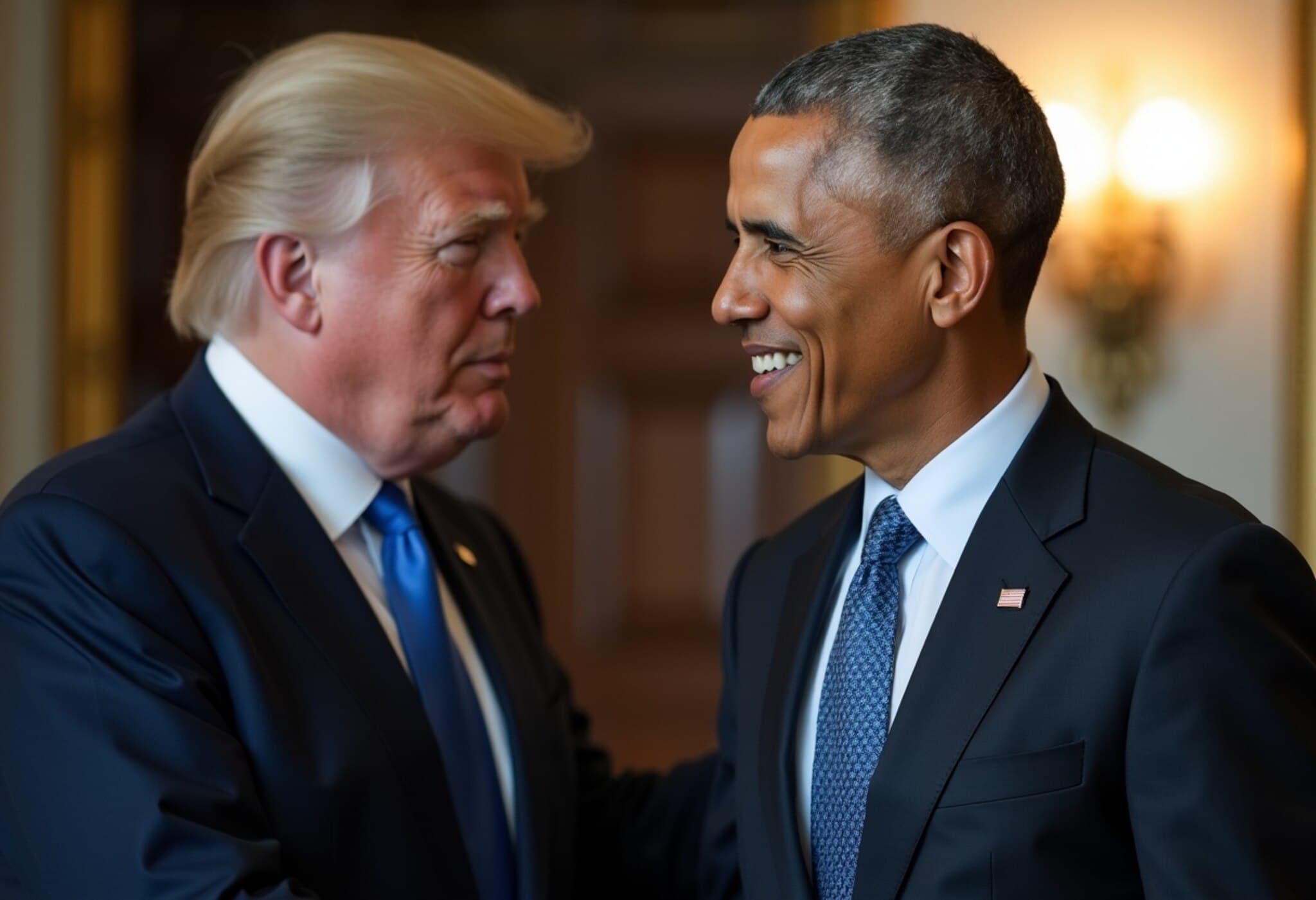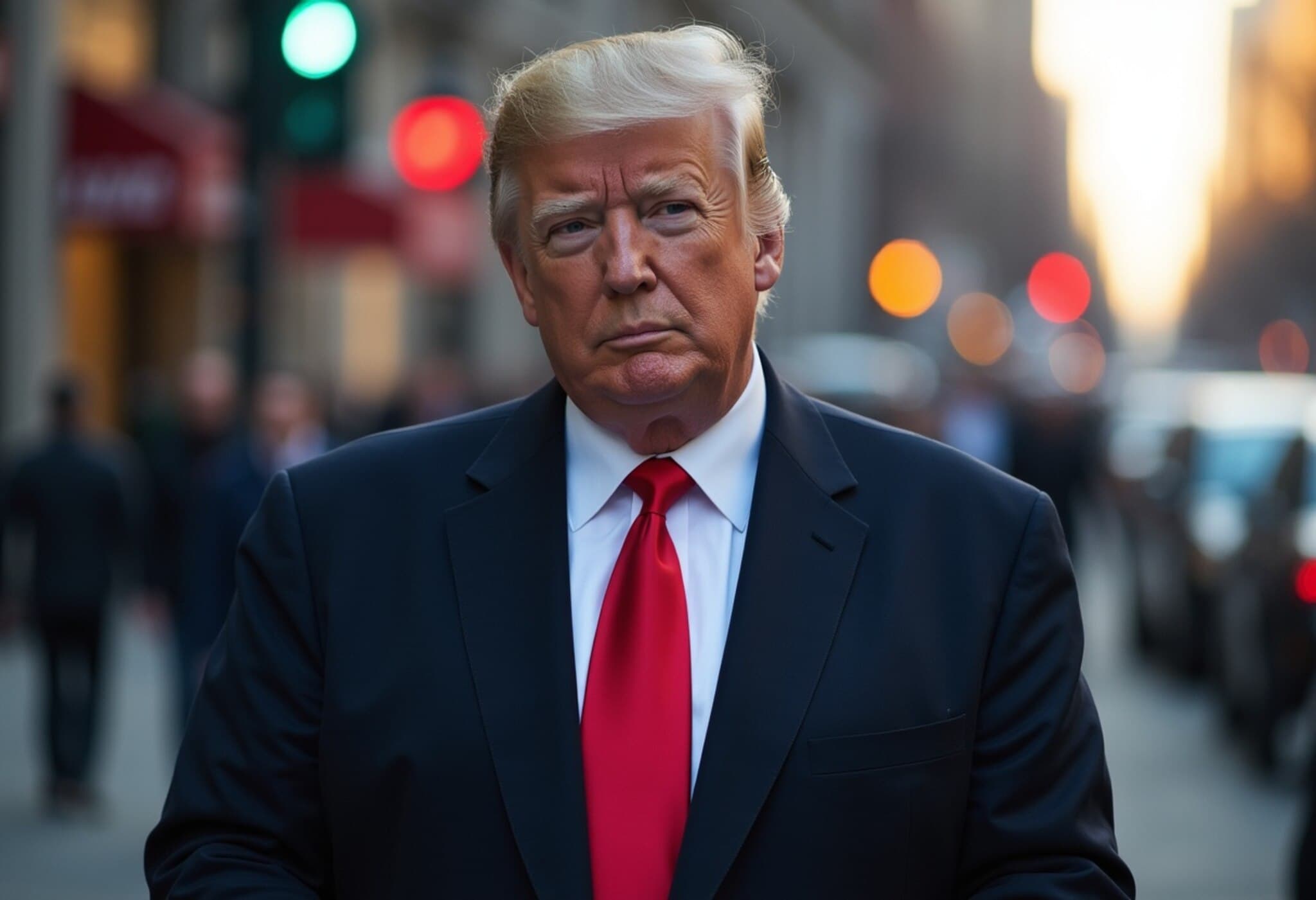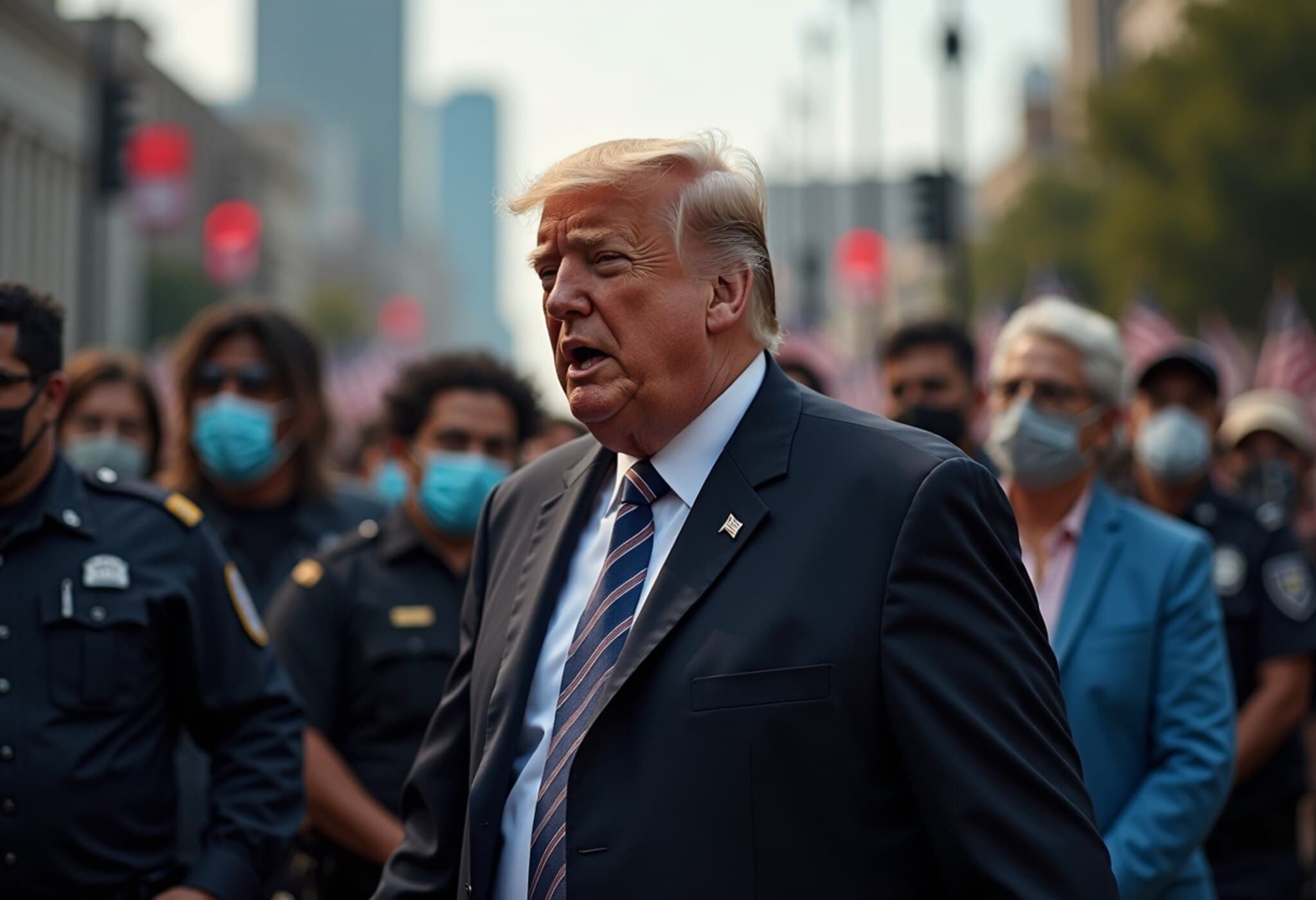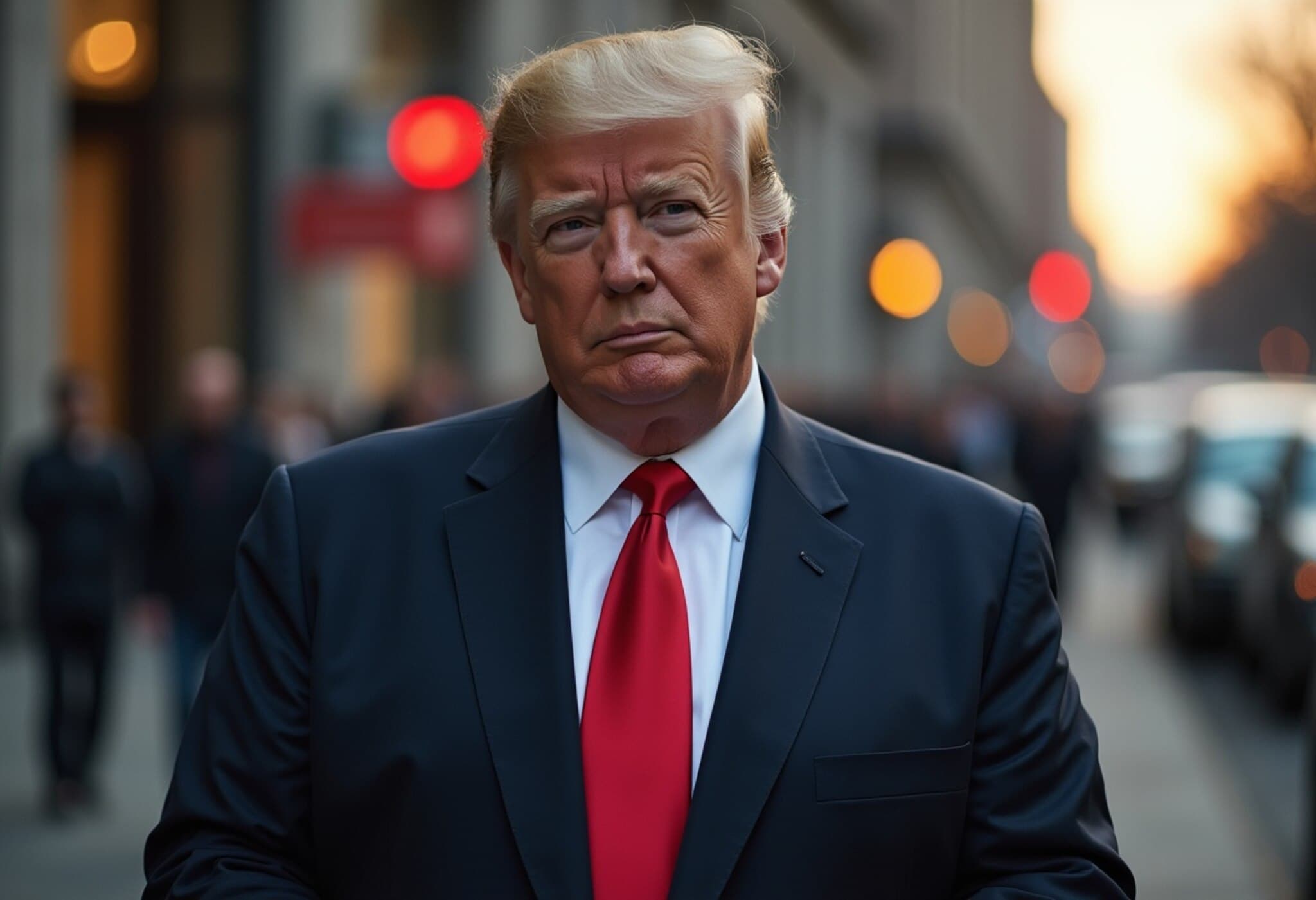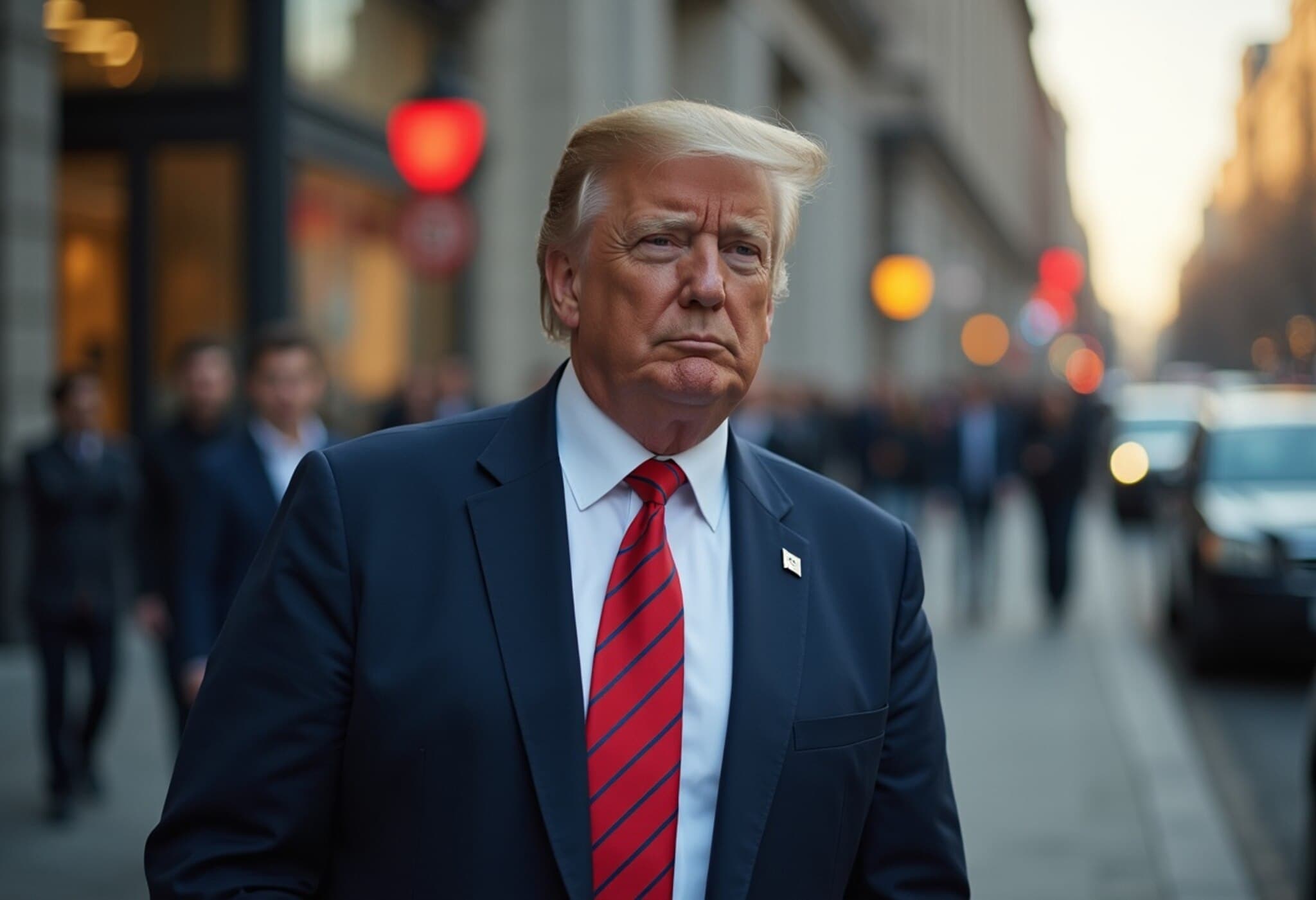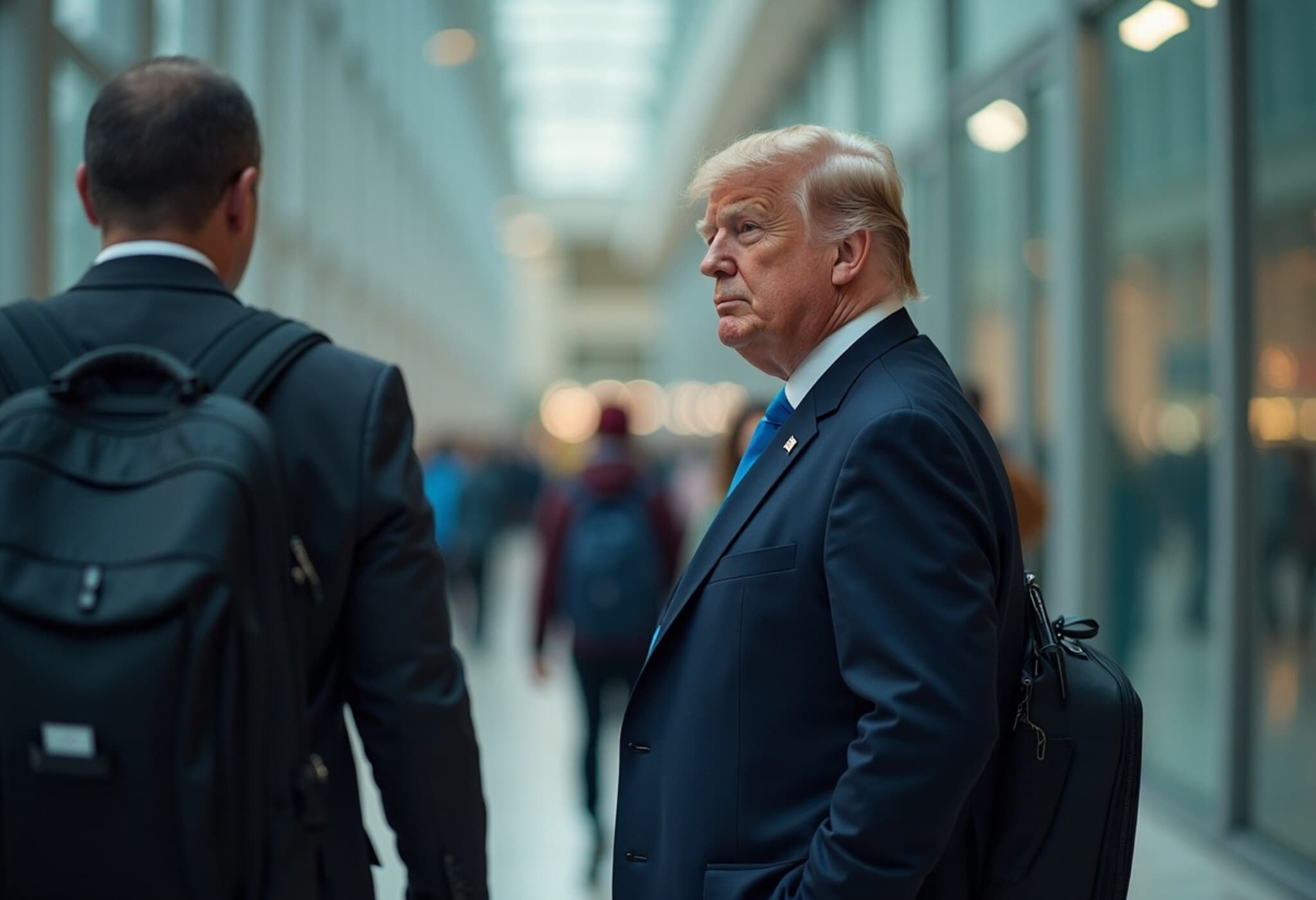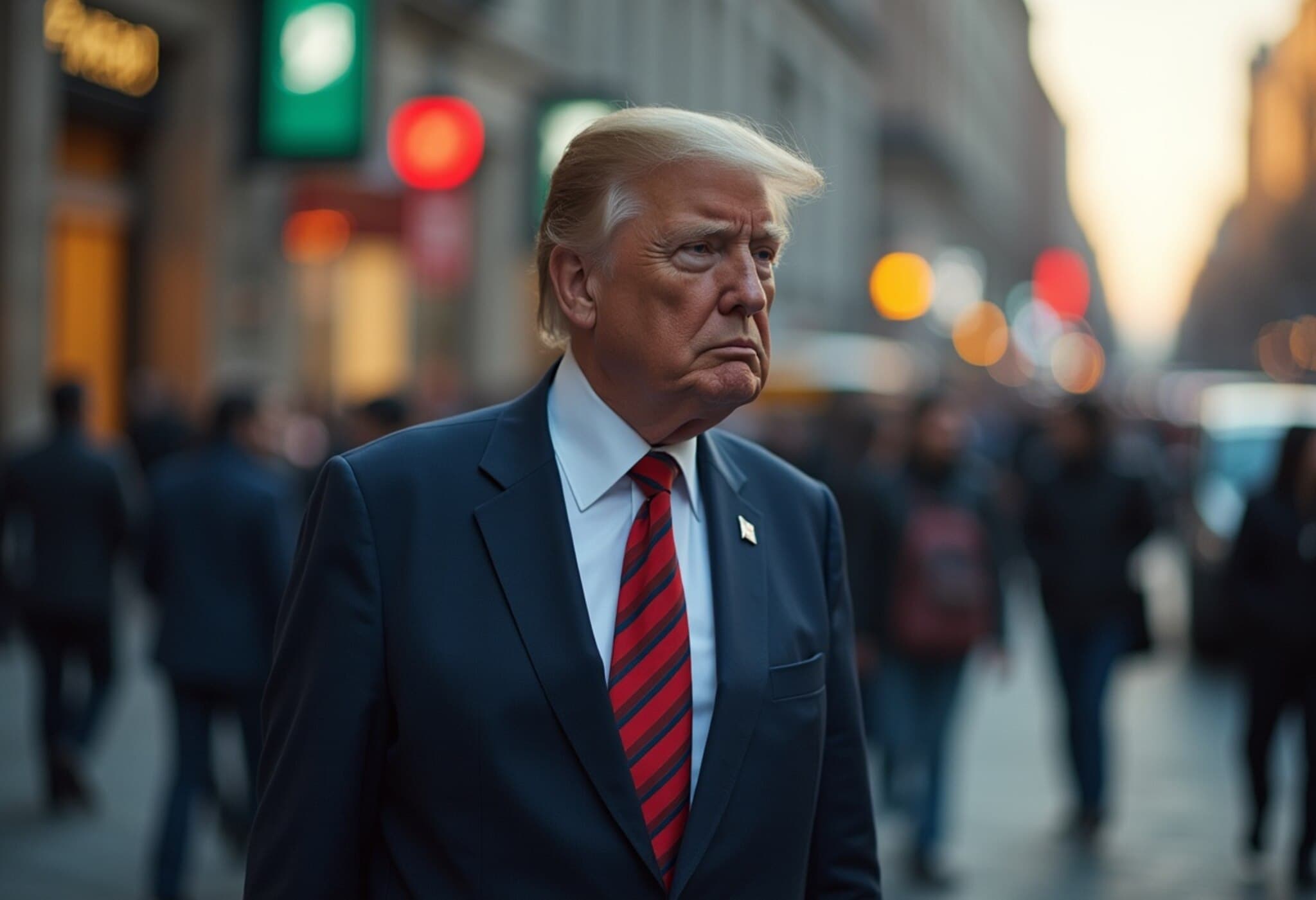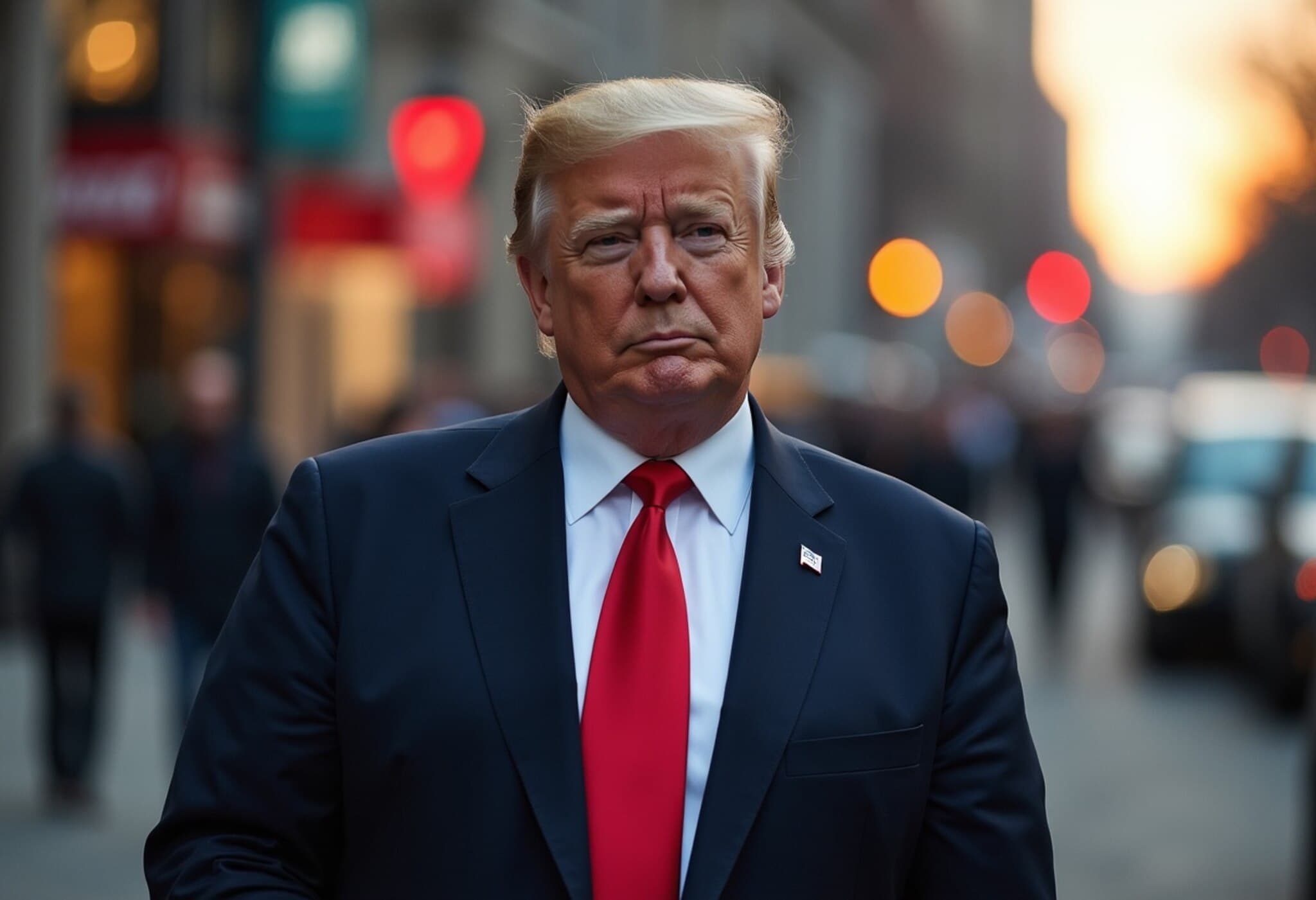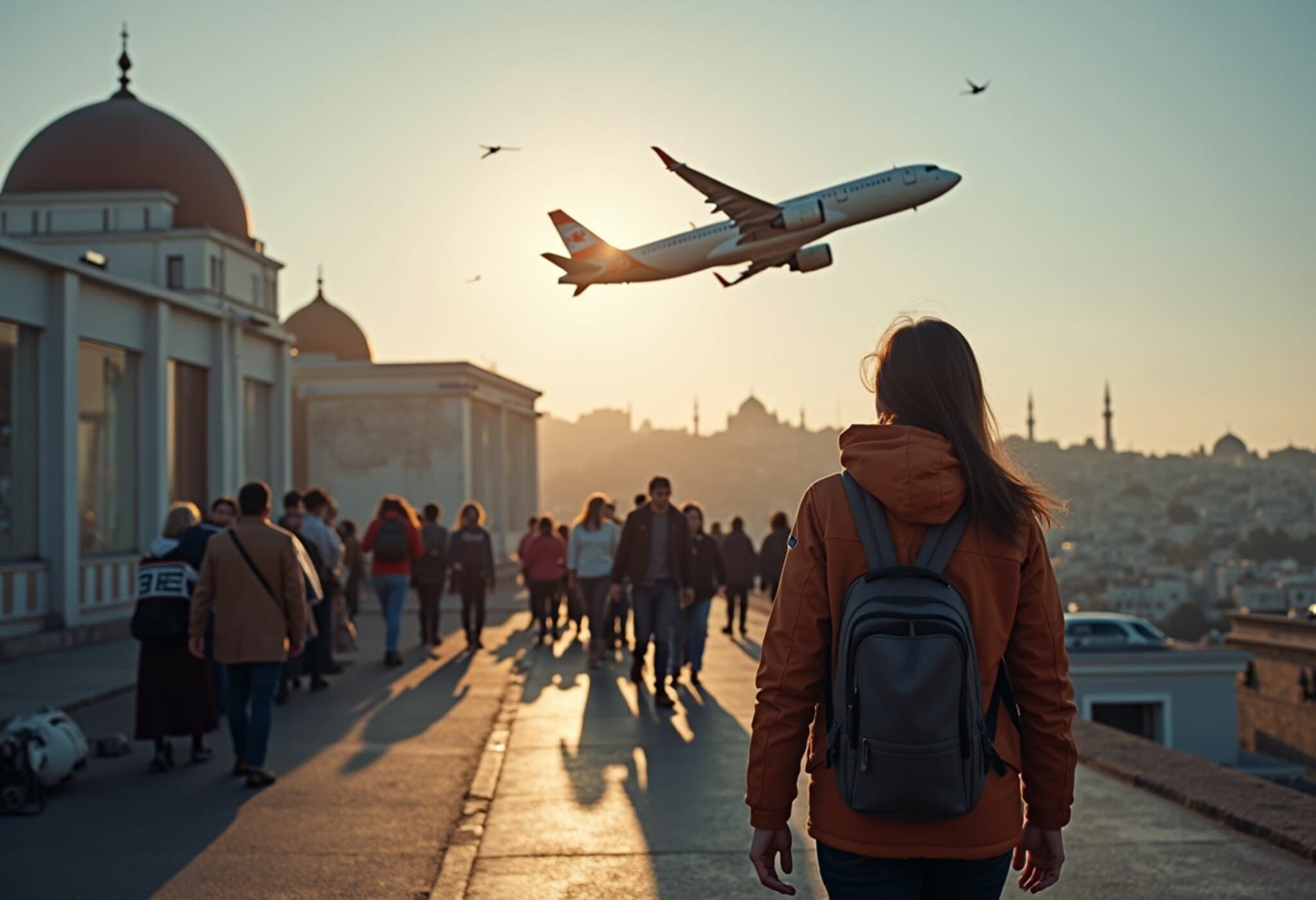US Eyes Broad Travel Restrictions for 36 Additional Nations
The current administration is reportedly contemplating a major expansion of the U.S. travel ban, potentially restricting entry for citizens from 36 more countries. This move follows a recently signed proclamation that barred travelers from 12 nations, aiming to bolster national security against perceived foreign threats.
Background: A Growing Immigration Crackdown
Earlier this month, the White House enacted a ban targeting 12 countries, emphasizing the need to safeguard the United States from “foreign terrorists” and other security risks. This initiative aligns with a broader immigration enforcement strategy that has marked the president’s second term, including the deportation of hundreds of Venezuelans suspected of gang affiliations and tightened controls on foreign student admissions.
Key Concerns Behind the Proposed Expansion
An internal communication from the State Department, signed by Secretary of State Marco Rubio, outlined numerous issues prompting consideration of further travel restrictions. These include:
- Unreliable or uncooperative governments: Certain countries have failed to provide trustworthy identity documents.
- Security gaps: Passports from some nations exhibit questionable security standards.
- Visa compliance: Some nationals are overstaying U.S. visas or countries are reluctant to facilitate removals of deported individuals.
- Security risks: Involvement by nationals in terrorism or anti-American activities on U.S. soil.
It is important to note that not every concern applies uniformly to all countries on the list.
60-Day Deadline to Address Issues
The State Department has given these countries a 60-day window to address the outlined problems. Failure to meet the necessary benchmarks could result in either full or partial suspension of entry for their citizens.
Which Countries Are Under Review?
The 36 countries facing potential travel bans span various regions and include:
- Angola, Antigua and Barbuda, Benin, Bhutan, Burkina Faso, Cabo Verde, Cambodia, Cameroon
- Cote d'Ivoire, Democratic Republic of Congo, Djibouti, Dominica, Ethiopia, Egypt, Gabon, The Gambia
- Ghana, Kyrgyzstan, Liberia, Malawi, Mauritania, Niger, Nigeria, Saint Kitts and Nevis
- Saint Lucia, Sao Tome and Principe, Senegal, South Sudan, Syria, Tanzania, Tonga, Tuvalu
- Uganda, Vanuatu, Zambia, and Zimbabwe
This would mark a substantial broadening beyond the current restrictions affecting countries like Afghanistan, Iran, Libya, Somalia, and Yemen. Additionally, partial bans already apply to nations including Cuba, Venezuela, and Laos.
Official Response and Future Outlook
A senior State Department official stated that the U.S. continually reassesses its policies to ensure compliance with national security standards and adherence to U.S. laws by foreign nationals. The department reaffirmed its commitment to protecting the country through rigorous visa scrutiny and maintaining public safety.
In previous years, the government enacted similar restrictions targeting several Muslim-majority countries, a policy eventually upheld by the Supreme Court. This latest consideration signals a renewed and expansive focus on border and immigration control as part of ongoing security measures.


